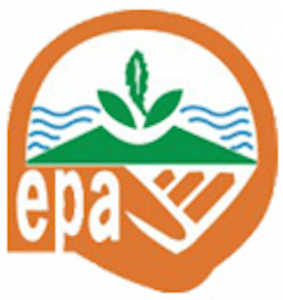EPA launches strategic plan on sound management of chemicals
 The Environmental Protection Agency (EPA), in collaboration with stakeholders, launched a 10-year strategic plan on sound management of chemicals and waste in the country on Tuesday.
The Environmental Protection Agency (EPA), in collaboration with stakeholders, launched a 10-year strategic plan on sound management of chemicals and waste in the country on Tuesday.
The plan also focuses on a communication strategy for the management of chemicals and waste and a national action plan on artisanal small-scale gold mining in the country.
Dr. Kwaku Afriyie, Minister of Environment, Science, Technology, and Innovation, in a speech read on his behalf, said the country continued to play an active role in the implementation of all the chemicals and waste-related multilateral environmental agreements.
These agreements included the Basel, Rotterdam, Stockholm, and Minamata conventions as well as the Strategic Approach to International Chemicals Management.
The Minister said the country had embarked on a number of initiatives over the years to address issues related to pollution, chemicals, and hazardous waste, including the Environmental Protection Act of 1994 (Act 490) and the Hazardous and Electronic Waste Control and Management Act of 2016 (Act 917).
He said sound management of chemicals and waste within a national development plan was vital to addressing the entire lifecycle of chemicals and waste, calling for broad participation, stakeholder engagement, and innovative thinking.
Dr. Afriyie called on all to support efforts to address environmental challenges, adding that environmental protection was a shared responsibility and an opportunity to act now to safeguard the planet.
He commended the development partners for their commitment to making the implementation of the strategies and action plan a reality to protect the environment from the adverse effects of chemicals and waste.
Dr. Sam Adu-Kumi, the National Focal Person for Chemicals and Waste-related Multi-lateral Agreements, said the objective of the plan was to strengthen the national capacity to manage chemicals and waste to meet relevant country commitments and minimize the risks to human health and the environment.
He said the project implementation strategies included strengthening existing structures, proposing institutional capacities, mainstreaming sound management of chemicals and waste, and addressing issues of gender.
Mr. Marcos Orellana, United Nations Special Rapporteur for Toxics and Human Rights, commended Ghana for its leadership in strengthening multilateral agreements to mitigate the effects of chemicals and waste on the environment.
He called for the need to increase global cooperation to address environmental challenges, which posed serious health implications.
Source: GNA
